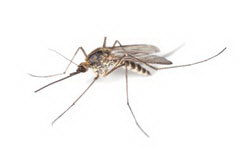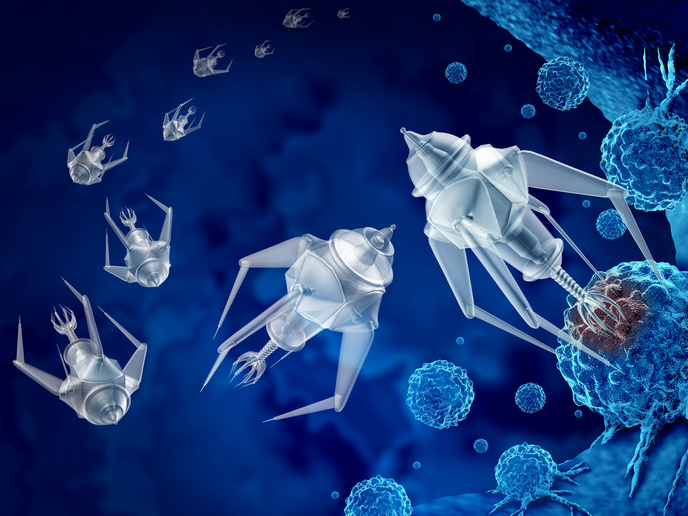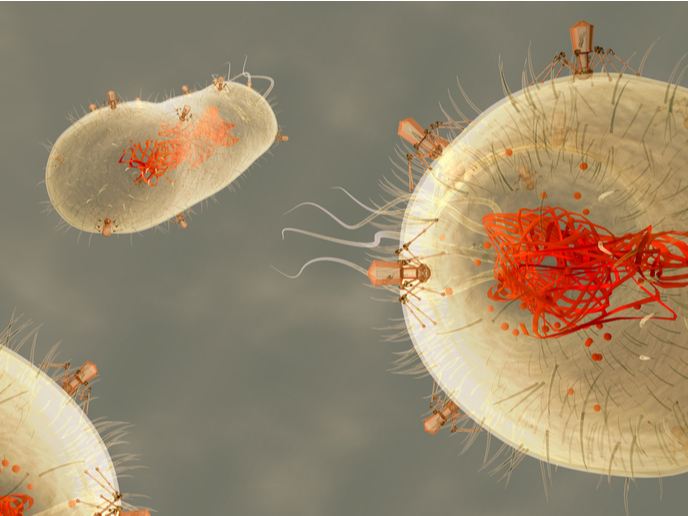Novel drugs against malaria and tuberculosis
Isoprenoids or terpenes are essential hydrocarbons required by all living organisms. In Plasmodium falciparum and Mycobacterium species – the causative agents of malaria and TB, respectively – isoprenoids are synthesised through a pathway that involves oxygen-requiring enzymes (DOXP pathway). Since this pathway is absent in humans, it represents an attractive drug target for the treatment of TB and malaria. It has already been shown in four clinical trials that fosmidomycin, an inhibitor of the DOXP pathway, is active against malaria. In a similar way, the EU-funded 02-Sensitive Targets project aimed to develop inhibitors of additional targets within the DOXP pathway. The long-term plan was to combine different drugs that would work synergistically to inhibit enzymes of the DOXP pathway. Using an advanced high-resolution screening technology, project scientists identified lead inhibitors and elucidated the chemical structures of the active compounds present in these natural product extracts. Through additional medicinal chemistry, various drug candidates were developed which will hopefully emerge as standards in anti-TB and anti-malarial therapy. Furthermore, these drugs could also act to treat infections by pathogens resistant to conventional drugs.







